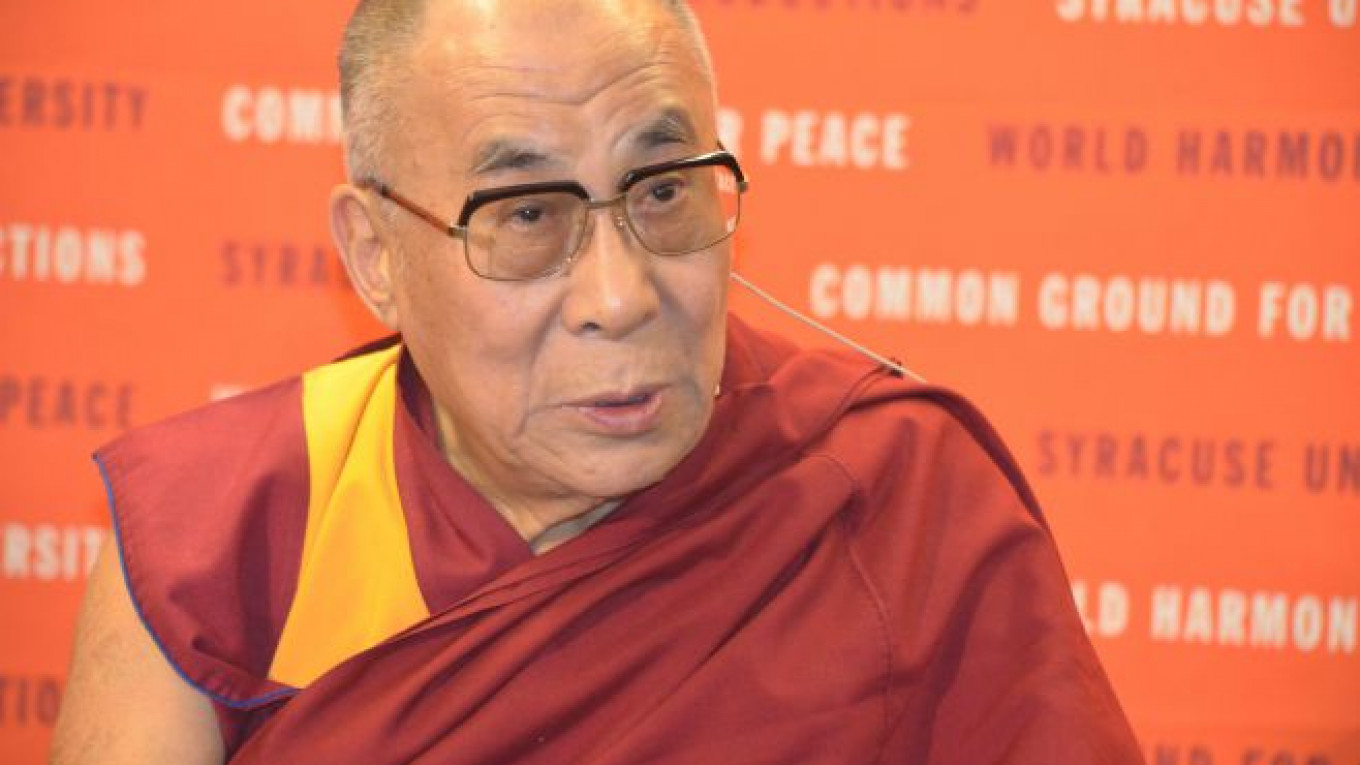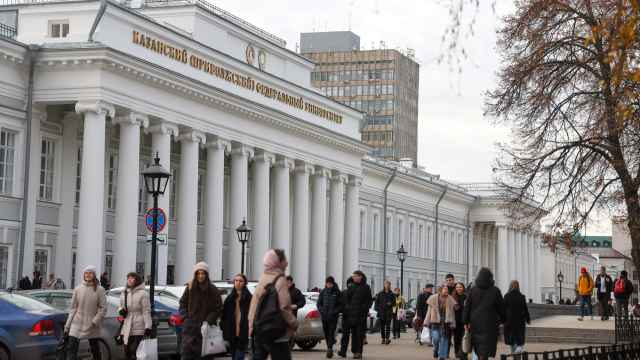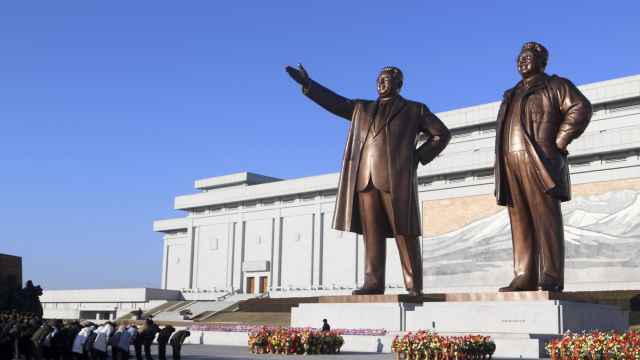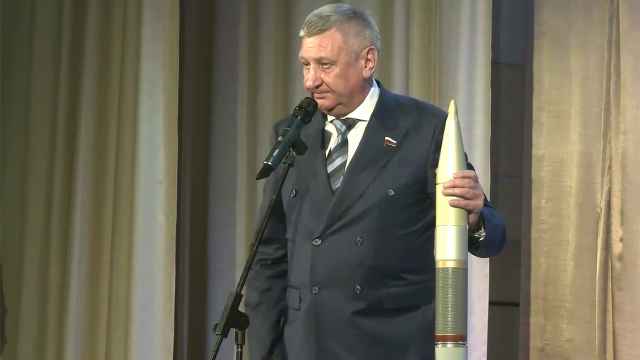Russian President Vladimir Putin's self-centeredness is leading his country into ruin, the Dalai Lama said in an interview with a German newspaper on Sunday.
Speaking with Welt am Sonntag, the 14th Dalai Lama and Nobel Peace Prize laureate was unusually outspoken in his criticism of Putin — once nominated for the same prize for his alleged peacemaking efforts in war-torn Syria.
"Mr. Putin was first a president, then a prime minister, then a president again. It's a bit too much," said the 79-year-old Buddhist leader, also known by his religious name Tenzin Gyatso.
"His attitude is: I, I, I. This is the root of the problem," the Dalai Lama said, according to the German version of the interview.
He was also unimpressed with what he called Russia's reluctance to accept international rules, saying it was a dangerous throwback to Cold War times.
"We're used to the fact that the Berlin Wall fell. Now it looks like president Putin wants to rebuild it," the Dalai Lama said.
"But he harms his own country by this. Isolation is suicide for Russia," he was cited as saying.
The outspoken interview comes shortly after the Kremlin expressed its continuing unwillingness to let the Dalai Lama visit Russia to cater to the country's 700,000 Buddhists.
Since his recognition as the Dalai Lama in 1950, Tenzin Gyatso has visited Russia three times — in 1991, 1992 and 2004.
Russia has been reluctant to host the spiritual leader, fearing it will spoil relations with geopolitical partner China, which conquered Dalai Lama's native Tibet in the 1950s, forcing him into exile.
But in the Dalai Lama's eyes, China is still doing a better job than Russia.
"China wants to be part of the global political system and will be ready to accept the international rules in the long run."
"I don't have the impression that this accounts for Russia and President Putin, as well, at the moment," he added.
The antagonism, it appears, is mutual.
Russian Foreign Minister Sergei Lavrov said in August the Dalai Lama would be allowed to visit Russia again "only if he gives up entirely on political activity."
"This, sadly, has yet to fully materialize," Lavrov added at the time.
A Message from The Moscow Times:
Dear readers,
We are facing unprecedented challenges. Russia's Prosecutor General's Office has designated The Moscow Times as an "undesirable" organization, criminalizing our work and putting our staff at risk of prosecution. This follows our earlier unjust labeling as a "foreign agent."
These actions are direct attempts to silence independent journalism in Russia. The authorities claim our work "discredits the decisions of the Russian leadership." We see things differently: we strive to provide accurate, unbiased reporting on Russia.
We, the journalists of The Moscow Times, refuse to be silenced. But to continue our work, we need your help.
Your support, no matter how small, makes a world of difference. If you can, please support us monthly starting from just $2. It's quick to set up, and every contribution makes a significant impact.
By supporting The Moscow Times, you're defending open, independent journalism in the face of repression. Thank you for standing with us.
Remind me later.






